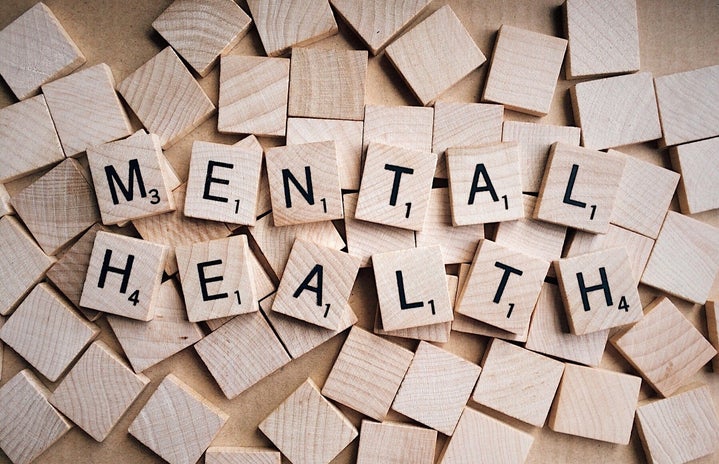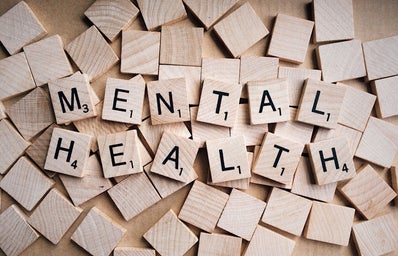At Saint Louis University (SLU), many undergraduate students are pursuing a healthcare degree, whether they’ve chosen pre-med, nursing, physical therapy, occupational therapy and more. As one of those undergraduates pursuing a career in healthcare, the main focus of my classes revolves around physical health and well-being.
It makes sense; people get sick and go to a hospital for treatment. Soon after, they get better and leave, happy, healthy and perfect. But, what about the after-effects? What about the things we take home with us?
Since the COVID-19 pandemic, mental health has been pushed to the forefront, with people in the younger generations like Gen Z trying to fight the stigmas surrounding mental health and educate people online, whether that be through TikTok, Instagram reels or even YouTube. Not to mention through advocacy groups, protests, in class and on a smaller scale just with friends and family. Mental health talk is everywhere, and yet, in not enough places.
As healthcare professionals, we get so caught up in trying to fix everyone else’s ailments and give them the best care we can that we lose the time and energy we need to take for ourselves. Nurse burnout is through the roof and physician shortage is sky-high as the world is fighting tooth and nail to escape the disasters the pandemic left in its wake. The commonality between these healthcare professionals is not prioritizing their own mental health.
At SLU, we are always told that we can take breaks or go to our teachers and they will be understanding if we are struggling mentally. We are reminded that we are people first and students second, but does it feel like that is true? All the students around me are so overwhelmed with the constant upkeep of having a job, studying and keeping on top of clinicals and the paperwork involved with those that self-care is shoved to the back burner. So, how do we fix this?
I have found it helpful to take at least five to ten minutes of mindfulness to myself and check in with myself, reflect on my day and think about what I want to accomplish tomorrow. Goals do not have to be huge, things can start small like going on a walk around campus or reading a page of a book before sleeping.
You can also use apps to track your progress and see how to better care for yourself. One app for this is How We Feel which tracks your emotions throughout the week and can give you lots of different tools to understand them, including quotes of affirmation, breathing techniques and exercises, reframing activities or even playing sound patterns to evoke certain feelings. If you loved Tamagotchi or Nintendogs as a child, you can take care of a little bird with the app Finch by completing daily tasks such as ensuring you drink water and take a stretch break. The app also lets you see how excited you are for the day and how you feel about it, giving resources that help you reflect and get a detailed breakdown of your most missed goals.
If apps are not your speed, you can practice vagal nerve exercises which involve touching key locations and releasing to let go of stress. Music can be powerful as well. Higher tempo sounds with upbeat tracks can improve your mood whereas slower more soulful music or even white noise can aid you with sleep or focusing.
While these ideas may not work for everyone, I hope they can spark some of your own and inspire you to prioritize self-care. We can all do our best to combat our mental health struggles so we can continue to safely navigate this challenging time of our lives also known as college.
A focus on mental health will help current and future healthcare professionals create a real change that will support them and boost their success by enabling them to put their best foot forward and give the best care possible for all patients.


